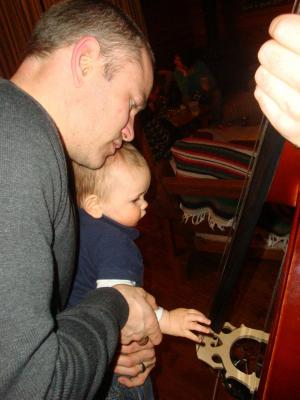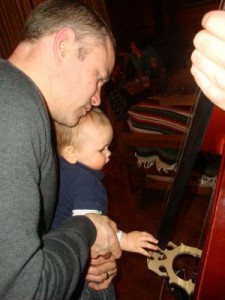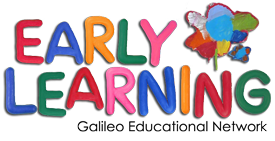
 From tiny babies to chatterboxes brimming with daily discoveries, it’s incredible to see how much children learn during the first few years of their lives.
From tiny babies to chatterboxes brimming with daily discoveries, it’s incredible to see how much children learn during the first few years of their lives.
How do they do it? We’re essentially hardwired for learning right from birth, researchers say – both in terms of how our brains our wired and our natural knack for basic language and numeracy skills. In fact, studies have shown babies as young as five weeks old are capable of learning.
What does this prove? Even very young babies actively select experiences, and they’re capable of perceiving, knowing and remembering. This type of research has not only disproved earlier theories that babies’ minds are blank slates upon which experience and learning is gradually built, it has also determined that much of what is known about human learning comes from studies of how babies learn.
Between the ages of three and five, a child’s social, emotional and problem-solving capacities become more developed. During this time, most have learned to detect and identify simple emotions in themselves and others, and can start to understand someone else’s point of view. They start to learn to negotiate with others, and can sit with a group of children and pay attention for brief periods of time.
Close relationships with parents and other caregivers form an essential foundation to learning, from birth right through the school years. Children are naturally curious, and it’s up to adults to encourage this and provide a safe environment for exploration. Whether it’s a parent modeling appropriate play and problem-solving behavior, or an educator planning classroom activities, the learning process is strongly influenced by social interaction. From there, the emerging use of language, the understanding of numeracy, and the development of internal strategies to aid in learning can flourish.
“It is important to create opportunities for young children to formulate strong theories about how the world works and to investigate those to see if that is how it works or if it doesn’t.”
~Dr. Sharon Friesen
Downloads
Dr. Jane Hewes has tips on how adults can create an environment that allows children to explore their environment and learn through play.

